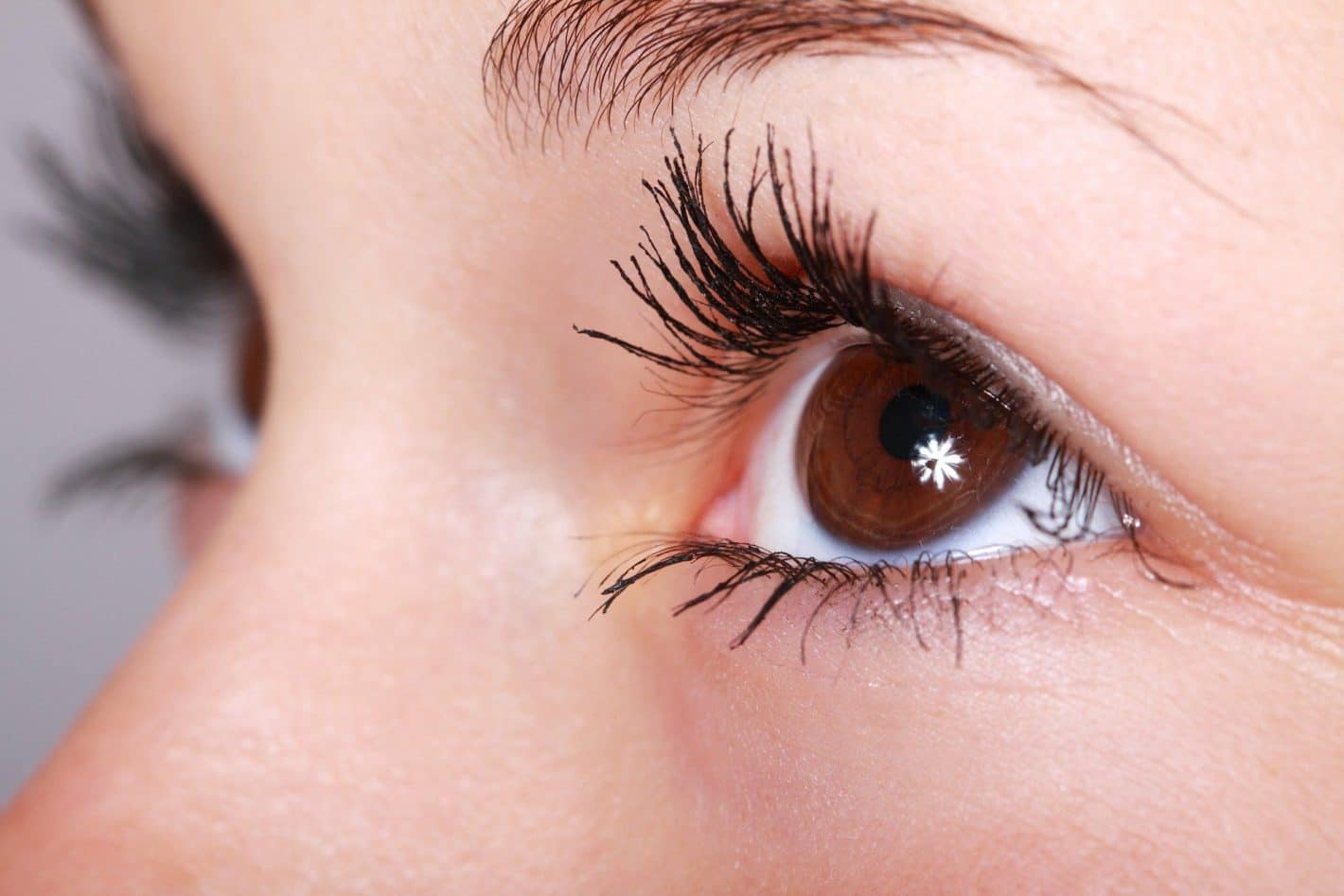- Home
- About Us
- Plastic & Cosmetic SurgeryPlastic ReconstructiveFace ContouringBreast SurgeryBody ReshapingRejuvenation
- Cosmetology & Dermatology
- Trichology
- Eye Surgery
- Oral & Maxillofacial Surgery
- Pediatric Preventive Dental Care
- International Patients
- Media and Awareness
- Testimonials
- Contact Us
- CALL US
- E-CONSULT
- Home
- About Us
- ServicesPlastic & Cosmetic SurgeryCosmetology, Dermatology & TrichologyEye SurgeryOral & Maxillofacial SurgeryPediatric DentistryPlastic ReconstructiveFace ContouringBreast SurgeryBody ReshapingRejuvenationCosmetology ProceduresDermatology TreatmentsOral & Maxillofacial servicesOral & Maxillofacial servicesOral & Maxillofacial servicesPediatric Dentistry ServicesPediatric Dentistry Services
- International Patients
- Media and Awareness
- Testimonials
- Contact Us
Periodontal / Gum Surgeries
- Home
- Oral and Maxillofacial Surgery
- Periodontal / Gum Surgeries
Gum Disease Treatments To Improve And Maintain Great Oral Health
- Home
- Oral and Maxillofacial Surgery
- Periodontal / Gum Surgeries
What Are Gum Diseases?
The gums are the support system for the teeth. They hold the teeth together and nourish them throughout a person’s life. Gums cover the supporting bone around the teeth and are responsible for healthy teeth and mouth. But gums, like teeth are susceptible to disease and infections. Gum diseases are a serious oral health condition that needs to be treated via a qualified Periodontist.
Gum diseases are generally caused due to a lack of dental hygiene and carelessness about oral health. High quantities of tartar and plaque build-up lead to gum diseases. Gum redness, swelling and bleeding are symptoms of gum diseases. Patients who are immunocompromised, suffering from diabetes mellitus are more susceptible to gum infections. Many studies have also proven that the bacterias involved with gum infection can worsen heart problems, blood sugar levels, and can cause problems during pregnancy.
What Are The Types of Gum Diseases?
Gingivitis: Gingivitis is a milder form of gum disease that can be treated without a surgical procedure. It is the first stage of gum disease. If left untreated it will quickly escalate into Periodontitis. The first symptom of gingivitis is bleeding from gums when brushing the teeth, or during eating fibrous fruits such as an apple. A patient who is suffering from Gingivitis will notice swelling around the gums, pain when chewing food and may experience a loosening of teeth from the gums. Pandit Clinic recommends immediate medical attention and treatment if you notice these symptoms.
Periodontitis: Periodontitis is the more serious gum disease and a leading cause of adult tooth loss. When a patient suffers from Periodontitis their gums have begun to pull away from their teeth. There may be deep pockets that are developing between the gums and the teeth due to plaque build-up. Such gums are more susceptible to infections and bacterial attacks. Few symptoms which patient may experience are- gum bleeding, pus exudation around the teeth, bad smell even after tooth brushing, pain and swelling in the gums, puffy gums etc. Periodontitis needs surgical help and continued medical therapy.
What Are The Causes Of Gum Diseases?
- Poor Oral Hygiene - Poor oral hygiene is one of the most prominent reasons for gum diseases. In order to maintain a healthy mouth, following certain steps is necessary. These involve brushing the teeth twice a day, flossing, using a good quality fluoride toothpaste, using a medical-grade mouthwash, etc.
- Plaque Build-up - Plaque constantly builds up on the teeth and is one of the major factors which pave the way for gum diseases like gingivitis and then periodontitis. Cleaning the plaque build-up at least two times a year is advisable with the help of a dental hygienist to avoid gum diseases.
- Aging - As individuals age, it becomes mandatory to look after oral health because the gums lose their strength and they become more prone to catch on infections and diseases.
- Hormonal Changes - Hormonal changes like pregnancy, puberty, menopause, etc also make the gums more sensitive. This increases the possibility of gum diseases.
- Illnesses - People with diabetes are more prone to catch gum infections due to the high blood sugar level. Also, diseases affecting immunity like cancer, HIV, etc also make the gums more sensitive and open to catch infections.
What Are The Symptoms Of Gum Disease?
In the early onset of gum infection or diseases, one might not see any symptoms. However, as the infection grows, the symptoms start to be more visible. Getting early diagnosis and treatment greatly helps to nip the problem in the root before it has caused any long term issue to the gums or teeth.
- Redness or swelling on the gums
- Bleeding gums
- Consistent bad breath
- Receding gums
- Loose teeth
- Painful Chewing
- Pus between the teeth and the gums
- Formation of pockets between teeth and gums
How To Prevent Gum Disease?
- Maintenance of good oral hygiene is the single most important factor in the prevention of gum diseases.
- Brush your teeth twice a day for 2 mins each time, using the correct brushing method. Use the right toothpaste.
- Floss your teeth daily. Massage your gums frequently.
- Use of prescribed mouth-rinses will help to keep the mouth clean.
- Use of water flosser/ electric toothbrush can make the brushing activity fun.
- Also, make sure to visit your dentist at least once in 6-8 months for a routine dental checkup.
How Is Periodontitis Treated?
There are several surgical options for treating Periodontitis. Dr Vikram Pandit will choose the right surgical option for the patient since the decision will be made on an individual evaluation of the patient’s condition. The treatment is usually divided into multiple sittings/sessions with sufficient time for healing in between.
Flap Surgery: The procedure involves lifting the gum off of the teeth to remove tartar and plaque buildup. When the gums are lifted off our surgeon is able to clean all of the bacteria and tartar build-up on both the gums as well as the teeth. This allows patients to have a clean start after the surgery.
Flap surgery is especially helpful for people who have tartar deposits in deep pockets. After cleaning Dr Vikram Pandit will stitch the gums into place to fit around the teeth. Sometimes, the bone may require reshaping during this procedure.
Bone Grafting: If the damage due to Periodontitis is too severe and has reached the teeth roots then flap surgery may not be enough. When the bone that surrounds the root of the tooth is damaged or destroyed, a person may need a bone graft. This procedure involves replacing the damaged bone with new bone. This bone may be the person’s own bone or artificial bone. The goal of bone grafting is to hold the tooth in place and help it to regrow. This surgical procedure helps in preventing tooth loss. Know More on Bone Grafting Surgery
Guided Tissue Regeneration: This is a new-age surgical procedure created to prevent tooth loss due to Periodontitis. In this procedure, Dr. Vikram Pandit will insert a small mesh-like material around the affected tooth and the gums. This material will help the bone around the tooth to grow without hindrance from gums.
Soft Tissue Grafting: Another aspect of periodontitis is the recession of the gumline. This can adversely affect the oral health of the patient. The roots of the teeth get exposed due to gum recession and cause extreme sensitivity and pain. Also, this exposed part of the tooth can easily get damaged as the gum cover is lost. Based on the extent of the recession, we may perform a small tissue grafting surgery on patients suffering from Periodontitis.
Dr Vikram Pandit will remove a small piece of tissue from the roof of your mouth or use donor tissue to attach to the areas where tissue is sparse or missing. Tissue grafts not only reduce the risk of further damage but also help in covering up any exposed roots.
Book Consultation

Consult Dr Vikram Pandit
Oral & Maxillofacial Surgeon
Book a consultation with Dr Vikram Pandit. At the consultation, Dr Vikram Pandit will:
- Dr. Vikram Pandit will first perform a thorough examination of your teeth, gums and jaw.
- Explain the problem to you.
- An X-Ray of your teeth will be taken if needed.
We recommend you openly discuss your concerns with Dr. Vikram.
During the consultation be prepared to discuss:
- Your medical conditions, drug allergies, and previous dental treatments.
- Current medications, vitamins, herbal supplements, if any.
- Likely outcomes, and any risks or potential complications.
Book appointment
Meet the Doctor
BDS, MDS Oral & Maxillofacial Surgeon
Dr. Vikram is a visiting consultant and consultant oral and maxillofacial surgeon at the top hospitals in Pune like Poona Hospital and Research Centre, Ratna Memorial Hospital, Pandit Clinic and KEM Hospital. Dr. Vikram has done clinical fellowship in craniofacial surgery with focus on surgery for cleft lip and cleft palate deformities, orthognathic surgery and surgery for sleep related disordered breathing (SRDB). He has trained for advanced management for Facial Trauma, from Taiwan. He has also attended various seminars and done workshops related to Oral and Maxillofacial Surgery. Dr. Vikram is also a co- author of a chapter for a textbook. He has been invited as a speaker for number of conferences in India as well as Internationally.
You Might Be Interested In

TMJ (Temporomandibular Joint) Surgery
Call us +91 88059 80048 Home Oral and Maxillofacial Surgery Temporomandibular joints (TMJ) Relieves Jaw Pain And Restores Free Jaw Movements Call us +91 88059

Pre-Prosthetic Surgeries
Call us +91 88059 80048 Home Oral and Maxillofacial Surgery Pre-Prosthetic Surgeries The aim of pre-prosthetic surgery is to prepare the soft and hard tissues

Maxillofacial Trauma
Call us +91 88059 80048 Home Oral and Maxillofacial Surgery Maxillofacial Trauma Facial traumas are a serious issue because they can cause permanent disfigurement to








